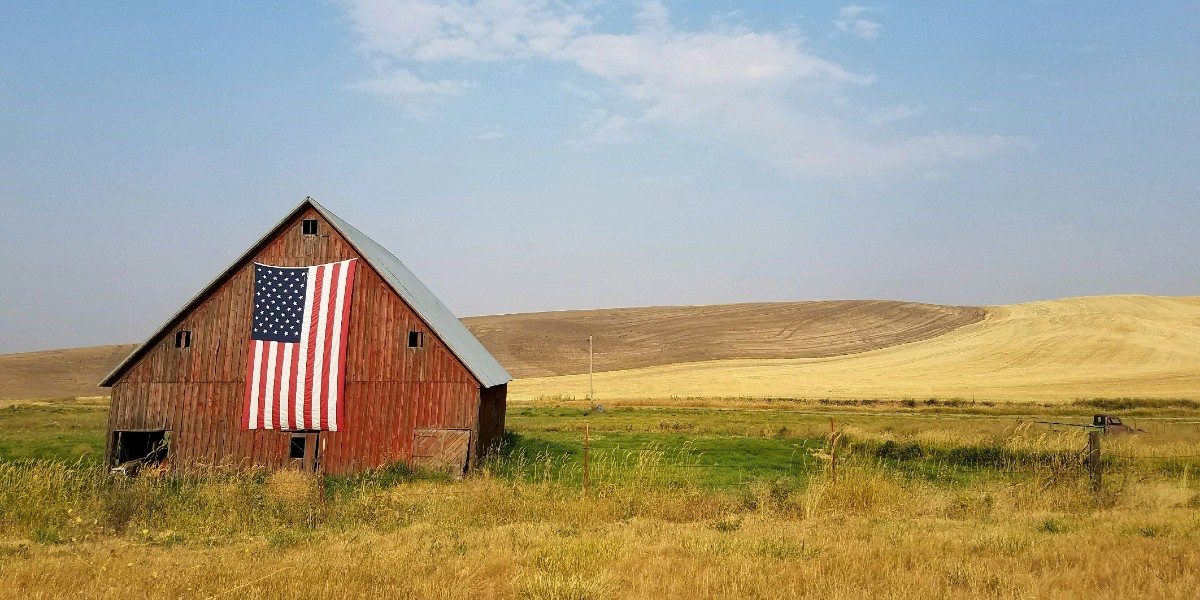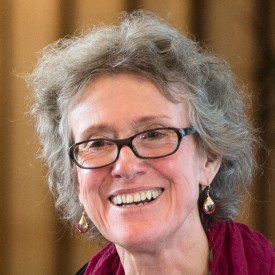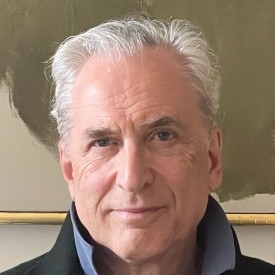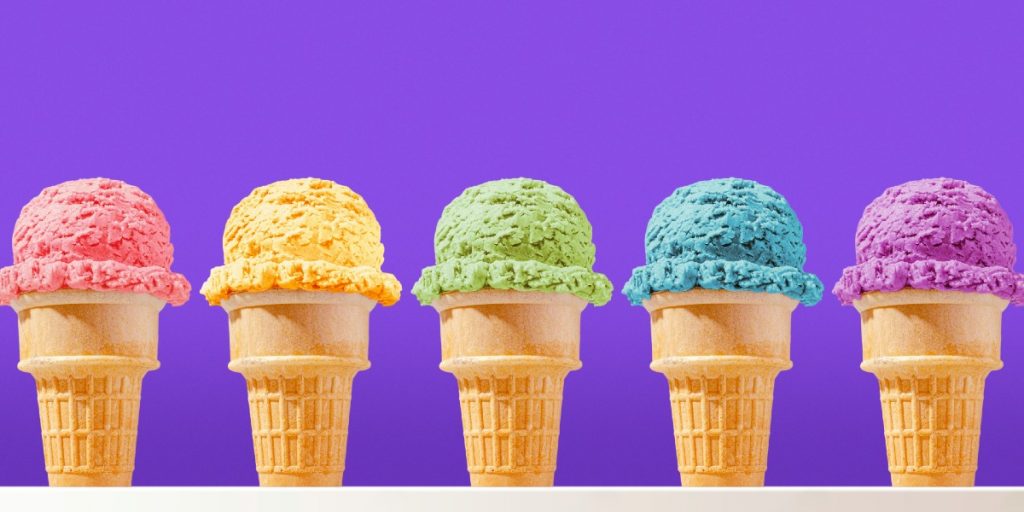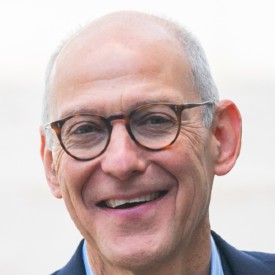Arlie Russell Hochschild is a writer and sociologist. Over seven years, she conducted research for Stolen Pride in the small towns and hollers of a coal mining region of Eastern Kentucky, getting to know the people in the whitest and second poorest congressional district in America. Her previous book, Strangers in Their Own Land: Anger and Mourning on the American Right, was a New York Times bestseller and earned her the honor of being a finalist for The National Book Award. She also wrote The Outsourced Self: Intimate Life in Market Times, which was named one of the best books of the year in 2012 by Publisher’s Weekly. These are a few of her numerous award-winning written works.
What’s the big idea?
Sociologist Arlie Russell Hochschild has been determined to understand the blue/red divide afflicting American politics. Integral to the emotions surrounding American politics are the oft-ignored impacts of economic and cultural loss on pride. Hochschild wanted to trace and understand this inner journey that greatly sways political affiliation.
Her research drew her to Pikeville, Kentucky, in the heart of Appalachia, within the nation’s whitest and second-poorest congressional district. The city was reeling: coal jobs had left, crushing poverty persisted, and a deadly drug crisis struck the region. By taking us deep inside a torn and suffering community and introducing us to its unforgettable people, Hochschild offers an original lens through which to see them and the wider world.
Below, Arlie shares five key insights from her new book, Stolen Pride: Loss, Shame, and the Rise of the Right. Listen to the audio version—read by Arlie herself—in the Next Big Idea App.
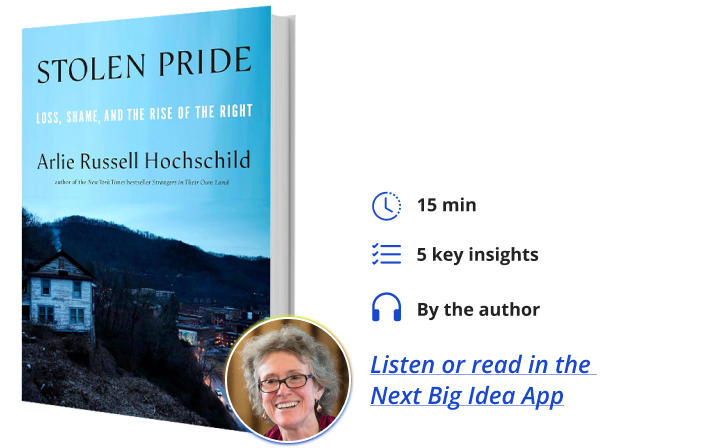
1. Non-college whites have been losing ground in income, property, and social well-being.
The economist Raj Chetty has found that in the last three decades, the incomes of white Americans with college degrees and Black Americans without them rose, but at the same time, the income of non-college whites dropped, and their lives also worsened in other ways. White Americans without college degrees were less likely to report being in good health and more likely to say they live alone. Deaths of despair, including drug overdoses, alcohol-related liver disease, and suicide, have risen fastest among non-college whites, especially men.
Globalization has created economic winners and losers. Blue states have largely been the winners, hosting global tech centers in places like Silicon Valley and Seattle, and consequently have enjoyed faster growth, higher income, and greater opportunity. Red states have been the losers, suffering slower growth or decline, lower wages, and less opportunity. The 2008 recession, COVID-19, and climate volatility have also hit red states harder than blue ones. These extra hits only heightened anxiety among those in regions like Pike County, Kentucky. Pride and shame emerged as a powerful force.
2. Cultures of pride.
There are more Republicans than Democrats who subscribe to what I call bootstrap pride. One Republican man told me that success or failure is an individual’s responsibility, dependent on how hard a person is willing to work. So, when the price of coal declines or renewables grow cheaper—factors beyond any individual’s effort—a person with bootstrap pride becomes vulnerable to shame. We could call this structural shame if we combine a person’s economic circumstances and their regional culture of pride.
“These feelings serve as an important backdrop to the wood that lights a political fire.”
A painful paradox emerges. On the other hand, a college-educated, white collar worker in a blue state city, however hard they are working, is more likely to say something like “demand for my skill is going down” or “competition in my field is rising” or “I have less chance of success because of my gender, race, or class.” We could call this circumstance sensitive pride. Nearly all of us fall somewhere between bootstrap pride and circumstance pride, and these feelings serve as an important backdrop to the wood that lights a political fire.
3. Pride and shame are emotional bait.
Anger about shame can become powerful bait to a politician. If an aspiring leader can acknowledge or absolve his followers’ shame, he wins their vote. Donald Trump has demonstrated this better than any public figure in recent memory.
Again and again, he offers his supporters an effective sequence. The ritual is made up of five moments:
- Moment one: Trump says something transgressive, like “All immigrants poison the blood of America.”
- Moment two: Mainstream press and commentators shame Trump, saying things along the lines of “You can’t say that; we’re an immigrant-based society.”
- Moment three: Trump poses himself as the victim of the punditry, responding with, “See how they’re persecuting me?”
- Moment four: Trump roars back against the shamers.
- Moment five: Trump threatens punishment and full-scale retribution.
Particularly in moments four and five, Trump offers his supporters an emotional release from their own shame. He shifts this instantly into blame, directed at a wide and familiar array of enemies: Democrats, liberals, the press, and dozens of specific individuals and races. He calls them enemies of the people. Aroused to take revenge, his followers’ confusion disappears into clarity, flexibility into fixity, openness into closure, and defiance into submission to a leader under the guise of a commitment to democracy.
4. Calling for a good bully.
In my 2016 book, Strangers in Their Own Land, I spent years getting to know Tea Party members in Louisiana and offered a way of visualizing how they imagined their situation, which I called a deep story. There are conservative deep stories and liberal deep stories. A person in a conservative deep story feels like they are facing a long line of Americans waiting for access to the American Dream. Let’s imagine this person focuses on those ahead of them in line, not the greater number of those behind. Then they spot people they imagine as line cutters—women, blacks, immigrants, refugees—who seem to be unfairly favored by a liberal president over the “regulars” waiting in line. A Trump voter I describe in my new book had read my previous book and revised this right-wing deep story:
“We’re patiently waiting in line for the American dream, but we see a bully in line bossing us around—a bad bully. But then we see a second, good bully bossing around the bad bully. We know he’s self-centered and mean, but he’s our good bully.”
“A person in a conservative deep story feels like they are facing a long line of Americans waiting for access to the American Dream.”
But I wondered, like others, could the right-wing good bully rip up the rules of democracy? I wondered this as Trump refused to accept his 2020 election loss. He joked about dispensing with elections, proposed to alter the U.S. Constitution, and celebrated men jailed for violently breaking into the Capitol on January 6th. According to a Pew poll, some 20 percent of Americans (disproportionately from the right) agree that it’s more important for the United States to have a strong leader than a democracy.
5. Healing America.
In this book, I try to illuminate the emotional core of a national injury and imagine every reader as a potential healer. We must first understand the injury of shame and the powerful appeal of pride and feel motivated to foster healing by acknowledging the possible danger to our system of government. As we get to work, we need to remember the current state of the American mind. The average American voter is more moderate in view than the leaders to choose from, and most Americans value democracy. At the same time, many of each party hold exaggerated, even outlandish, views about the beliefs and identity of those in the opposite party. Interestingly, liberal Democrats are more likely than conservative Republicans to cut off contact at the first sign of a difference in political opinion. At the same time, poignantly for conservatives, personal contact makes more of a difference in their degree of tolerance.
With care, thought, and a new understanding of shame and pride, we can build an empty bridge across different groups that prize democracy. We can begin communicating effectively even if we disagree instead of gathering wood that would set our nation aflame. We can repurpose that wood to build a more just, cohesive nation.
To listen to the audio version read by author Arlie Russell Hochschild, download the Next Big Idea App today:












